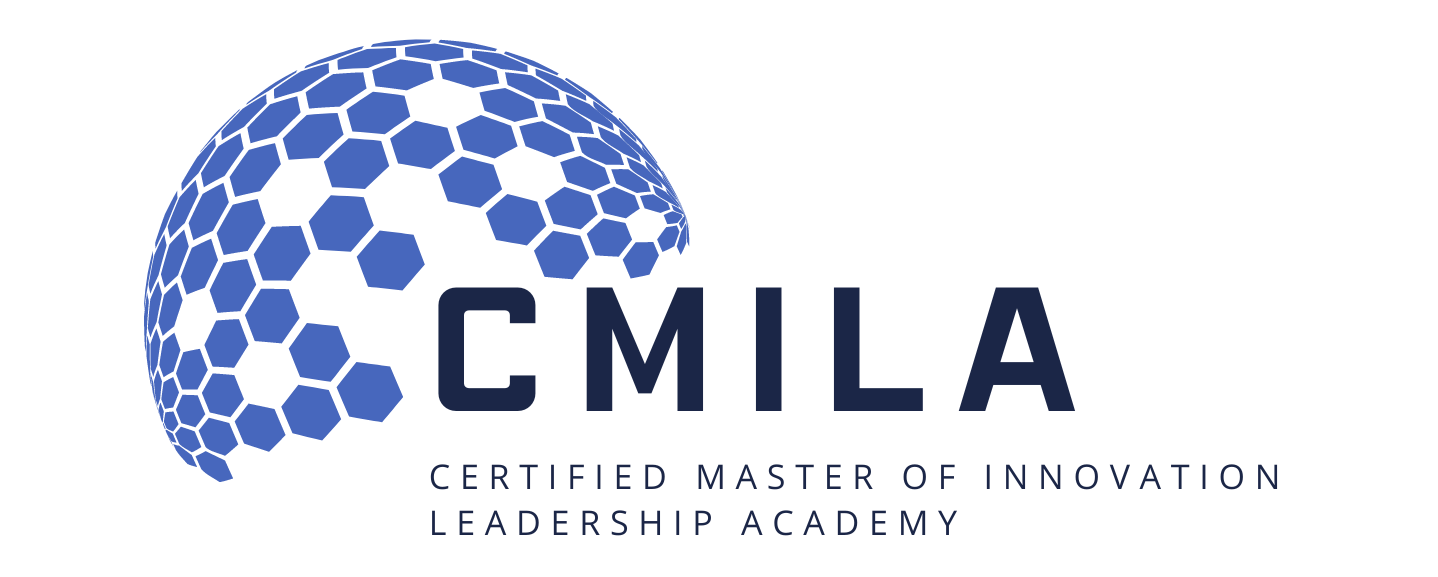Certified Generative AI Innovator (CGAI)
The Certified Generative AI Innovator (CGAI) Certification Course by Tonex is a comprehensive program designed for professionals seeking expertise in the cutting-edge field of Generative Artificial Intelligence. This course explores advanced concepts and practical applications, equipping participants with the knowledge and skills needed to excel in the rapidly evolving landscape of AI innovation.
Learning Objectives:
- Master the fundamentals of Generative AI.
- Develop proficiency in creating and optimizing generative models.
- Understand the ethical implications and responsible use of Generative AI.
- Acquire hands-on experience in implementing real-world Generative AI solutions.
- Gain insights into the latest advancements and emerging trends in the field.
- Prepare for industry-recognized certification as a Generative AI Innovator.
Audience: This course is ideal for AI professionals, data scientists, software engineers, and individuals aspiring to lead innovation in AI-driven applications. Participants should have a foundational understanding of AI concepts and programming skills.
Course Outline:
Module 1: Introduction to Generative AI
- Evolution of Generative AI
- Key Concepts and Terminology
- Applications Across Industries
- Impact on Innovation
- Overview of Popular Frameworks
- Case Studies of Successful Implementations
Module 2: Generative Models
- Understanding GANs (Generative Adversarial Networks)
- Exploring Variational Autoencoders (VAEs)
- Conditional Generative Models
- Transfer Learning in Generative Models
- Evaluation Metrics for Generative Models
- Case Studies of Model Implementations
Module 3: Ethical Considerations in Generative AI
- Ethical Frameworks in AI
- Bias and Fairness in Generative Models
- Responsible Data Handling
- Explainability and Transparency
- Regulatory Compliance in AI
- Case Studies Highlighting Ethical Challenges
Module 4: Hands-on Implementation
- Setting Up Development Environment
- Data Preparation for Generative Models
- Model Training and Fine-Tuning
- Optimization Techniques
- Debugging and Troubleshooting
- Practical Tips for Efficient Implementation
Module 5: Advanced Topics in Generative AI
- Transformers in Generative Models
- Meta-Learning and Few-Shot Learning
- Adversarial Training Techniques
- Deep Reinforcement Learning in Generative AI
- Neural Architecture Search for Generative Models
- Integration with Edge Computing and IoT
Module 6: Certification Preparation
- Overview of CGAI Certification Exam Structure
- Mock Exams and Practice Questions
- Review of Key Concepts and Topics
- Test-Taking Strategies
- Guidance on Practical Demonstration
- Resources for Continued Learning and Updates
Overview of the Certification Process:
- Familiarize yourself with the prerequisites, if any, for taking the exam.
- Review the certification roadmap to understand the different levels of certification offered (e.g., Foundation, Advanced, Expert) and the requirements for each level.
- Identify the benefits of obtaining the certification for your career and professional development.
Details of the Exam:
Format: Multiple-choice, scenario-based, practical exercises
Content Areas: Review the exam blueprint or syllabus to identify the specific topics and knowledge areas covered in the exam. This will help you focus your study efforts on the most relevant content.
Passing Score: Understand the minimum passing score required to achieve certification and aim to exceed this threshold during your preparation.
Study Resources: Identify recommended study resources, such as certification manual, study guides and practice exams, to help you prepare effectively for the exam.
Exam Sample Questions:
- Practice with sample questions to familiarize yourself with the exam format and assess your readiness.
- Analyze each question carefully, paying attention to key details and any clues provided in the question stem or answer choices.
- Practice time management by setting aside dedicated study sessions to complete sample questions within the allotted time frame.
- Review your answers and explanations for correct and incorrect responses to identify areas for improvement and further study.
